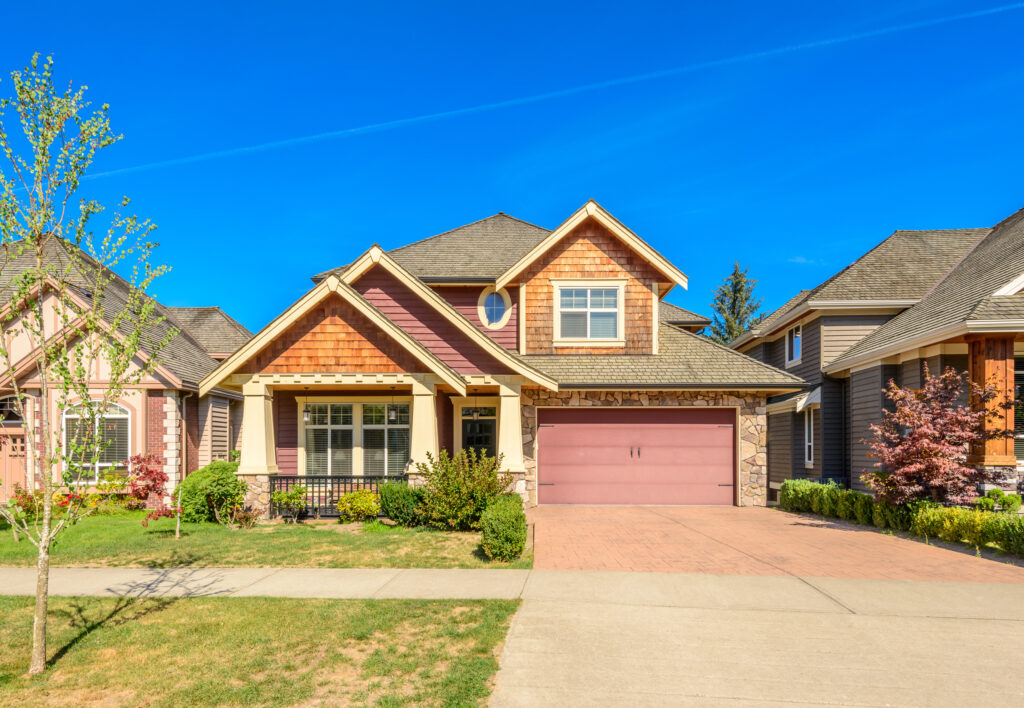Florida Adult care Homes: How to pay for, Licensing and Questions to ask…
When people think of Florida, the image of a sunny and warm climate and the endless beautiful beaches come to mind. This type of climate, all the exotic scenery and laidback lifestyle may be ideal for seniors and retirees. If you like to get out into nature, there is endless enjoyments to be experienced.Some of our aging adult population may require care at some point. An adult care home (Adult Family Care Home in Florida) may provide the perfect combination of care and a living environment they are looking for to call home. In Florida there is no state income tax and housing is affordable and abundant.
Adult care homes serve seniors who can no longer manage their health and safety at home, and may need care. Adult family care homes are an excellent housing option for aging adults because they offer private residencies in a home-like environment.

Added benefits of Florida for Seniors
- Florida is one of the most tax friendly states.
- There are already 3.5 million senior residents in Florida.
- There are exemptions available to eligible seniors.
More about adult family care homes
They provides a home-like setting, and typically care for up to 5 residents in Florida, depending on the home. The adult care home will typically provide meals, housekeeping, and limited activities. Unlike a nursing home, residents may require very light assistance or may be dependent with several care needs.
As you look into senior care and housing options it is best to ask locations for their specific policies and licenses. Some caregivers may perform several functions: personal hygiene and mobility and eating and dressing and toileting and behavior management. There are other excellent options aside from a nursing home.

Some states may use the term Adult Foster Home or Board & Care Home. Retirement home is a popular and well-known term for senior housing. These homes are not nursing homes.
In Florida, the most common name is Adult Family Care Home. As you research facilities and agencies, this is the most proper name to search.
How do adult family care homes operate in Florida?
Adult care homes are not nursing homes. Similarly, residents may receive 24-hour care in a single-family environment. These adult care homes look like single family homes in residential neighborhoods, and the residences are licensed to house a smaller number of adults as opposed to larger assisted living communities. So they make ideal homes for loved ones who require individualized care while allowing residents the preferences and choices to honor their independence.
Licensing and regulations for adult family care homes in Florida
Firstly, the provider must own and live in the home where they are licensed to provide care and housing. The licensing of adult family care homes in the state of Florida is overseen by The Agency for Health Care Administration. There are specific courses required to be eligible for a license and opening of a care facility.
The home has to meet the local zoning requirements prior to obtaining the AHCA license. The Agency for Health Care Administration requires all licensees providing residential or inpatient services to use an Agency approved database for reporting its emergency status, planning or operations. The Agency approved database for reporting this information is the Health Facility Reporting System (HFRS).
Adult family care home service plans in Florida
All adult family care homes must keep all facility records on premises. Service plans require interviews with new possible residents to evaluate care needs and services. A written copy of resident bill of rights must be present and explained to residents. Medication records on site; copies of any dietary requirements. There must be an emergency plan in place. You can read more about the specifics of Florida adult care home service plans and facility requirements here.
Staffing regulations
Each adult care home operator may employ additional caregivers to support with the care of residents. And for safety, operators and staff must participate in on-going training. Staff must have hands-on experience providing care for the population they intend to serve, as well as on-going training. All the staff training must be documented and accounted for.
Caregivers may assist with activities of daily living and care needs, including:
- Personal care
- Housekeeping
- Activities
- Group meals
- Mobility
- Behavior management
- Eating
- Dressing
- Toileting
- Personal hygiene
- Cognitive support and redirection
What are the costs of adult family care homes in Florida?
Across the state of Florida you will find an average cost of $4,000 per month for an adult family care home. This is much less expensive than nursing home care ($8,000-$10,000 per month). Levels of care and offered services will impact costs.
How can you pay?

You want to consider your payment options for assisted living, memory care, and care homes. For these services, Medicare is NOT an option for payment.
The most common payment for these services would be out of pocket Private Pay and assessing a combination of retirement funds, personal savings, and pension payments.
Medicaid can also be an option, be sure to see if you or a loved one qualifies.
Long-Term Care insurance is also a possible option in cases of chronic conditions, be sure to see if you or a loved one qualifies.
For our Veterans and spouses of veterans, be sure to assess Veteran Aid and your eligibility for these benefits.
Medicare – NO:
- Medicare does NOT pay for Assisted Living.
- People 65 years and older and individuals with end stage renal disease are eligible for Medicare benefits, no matter their income.
- Coverage is meant for people in need of short-term care.
Private pay – YES:
- Many families pay for assisted living with private funds.
- Private pay can be a combination of retirement funds, personal savings, and pension payments.
- Family members may contribute funds to pay for assisted living or other senior housing and care.
Medicaid – MAYBE:
- Medicaid provides health coverage to millions of Americans. Eligible participants include: low-income adults, elderly adults and people with disabilities.
- Medicaid is administered by state, according to federal requirements. The program is funded jointly by each state and the federal government.
- Every state has their own individual Medicaid assistance program.
- National guidelines are in place do decipher how states must spend Medicaid money, but with allowances toward the guidelines.
- The state determines what levels of care will be covered by Medicaid, who is eligible, and how much the state will reimburse the care community.
- If you are unsure whether you qualify for Medicaid, you should apply. You may be eligible depending on your household income, family size, age, disability and other factors.
Long-term Care Insurance – MAYBE:
Long term care insurance is a great way to pay for assisted living, and planning ahead is important when considering how to pay for senior housing and care. Nearly 75% of people over the age of 65 will require long-term care and services at some point. Buying into long-term care insurance when a person is in their 50s and 60s is the most common time to do so.
- Long-term care insurance helps cover the costs of chronic medical conditions.
- Individuals and couples with the ability to pay into long-term care insurance have the advantage of a head start in allocating funds for senior care.
Veteran Aid and Assistance – MAYBE:
This benefit is available to some military veterans and surviving spouses who live in an assisted living community and those who have in-home care.
- There are specific guidelines, but a veteran may qualify for as much as $2,050 each month.
- A veteran with a sick spouse may be eligible for $1,600 per month.
- If a veteran has passed, their surviving spouse can qualify for $1,300 per month.

Questions and inquiries
- Who provides care in the home: Does the owner lives in the home, or is there a Resident Manager who lives in the home and is the main caregiver?
- What are the schedules and/or routines of the home?
- What are the care needs of the other residents?
- Would you feel comfortable living with the other residents and caregivers in the home?
- How do residents interact with one another?
Questions to Ask
Finding a senior living community can be overwhelming. Here are some tips on things to be observant of:
- Make sure the facility is clean and well maintained. You can tell a lot about the operation by noting what is clean and maintained. Are doorknobs loose or damaged? Do you see any frayed carpet or trip hazards?
- Visit during lunch hour to observe what the residents are eating. Ask questions about the nutrition program. Is there diversity in meals, healthy fruits and vegetables served at all meals, drink options?
- Speak to residents and/or family members to learn their perspective.
- Ask about staff and resident engagement. Get a feel for how staff interact with residents.
- Ask about the life enrichment programs. Activities are crucial when it comes to quality of life and play a key role in care for older adults.
- And finally (along with a plethora of more things to consider), get to know the leadership in the building. If you feel good around the Executive Director, Head Nurse, Lead Activities Director and even the Chef or Janitor, it is a good sign you can trust them with the care of your loved one.
Resources and links related to Senior Living and Care
Eldercare Locator This is a great resource to search for specific care in specific counties and cities. This database is a nationwide resource that connects older Americans and their caregivers with trustworthy local support resources. Connect with services such as meals, home care or transportation, or a caregiver education or respite from caregiving responsibilities. The Eldercare Locator is a public service of the Administration on Aging (AoA), an agency of the U.S. Administration for Community Living.
Medicare provides a search feature to find & compare providers near you, most senior housing and care providers are included on CareAvailability.com. Find & compare plans in your area. Determine if you qualify for premium savings
Medicaid offers information on how to apply for Medicaid, eligibility criteria, links to local state offices, and additional resources
The Alzheimer’s Association is the leading voluntary health organization in Alzheimer’s care, support, and research. Whether you are living with Alzheimer’s or caring for someone with the disease, information and resources are available.
Search other states for Adult Care Homes
Not finding what you’re looking for? Take a look below.
